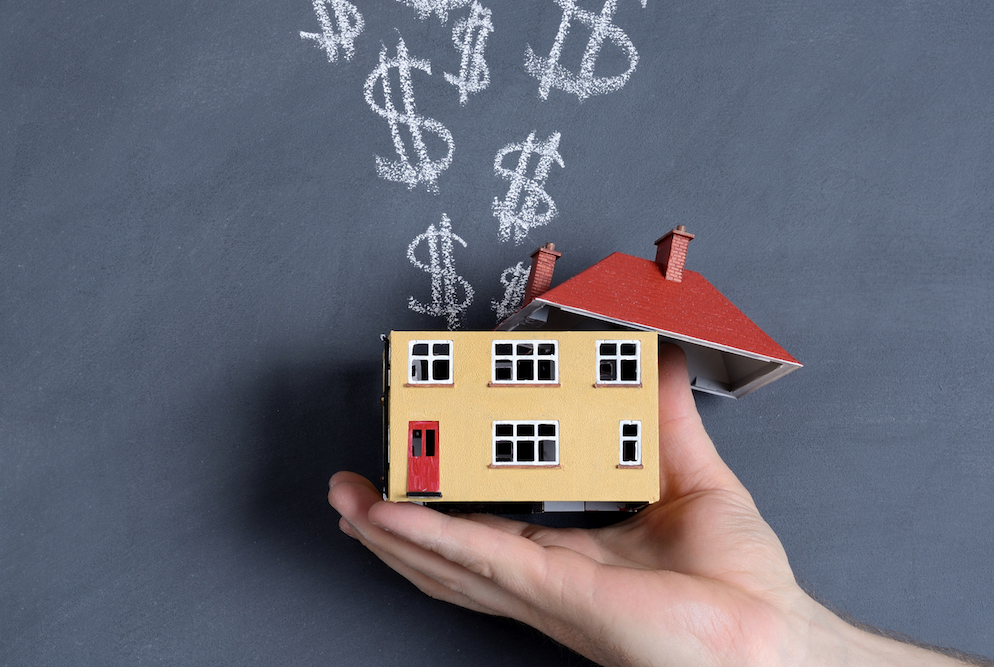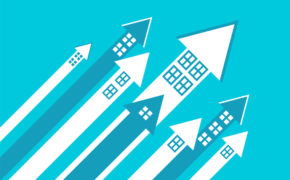How to Pay Off Your Mortgage The Smart Way
While paying off your mortgage early is a great goal to work toward, there are a number of financial factors that need to be considered before you start making extra payments. Depending on your financial situation, there may be more important goals to tackle, such as saving for retirement, paying off credit card debt or boosting your savings.
Before you make the decision to pay off your mortgage, ask yourself these four questions to determine whether it’s a wise financial move:
- Are you maximizing your retirement? Instead of using spare cash to pay down your mortgage (money that you can’t get back), why not invest that money in your future. Sometimes I see people “robbing” themselves of money they could be putting toward retirement, just so they can make an extra mortgage payment. If your employer has a policy where they match your 401k contributions, why not take advantage of this opportunity to earn free money. Not only will you double your retirement contributions, that money will gain interest, too.
- Do you have any other debt to pay off first? Compared to mortgage debt (otherwise known as “preferred” debt), credit card debt usually comes with a higher interest rate and can accumulate at an exponential rate until it is paid in full. In grand scheme of things, it’s best to pay off other debt obligations, such as credit card debt or student loans, before reducing your mortgage debt.
- How much money do you have in savings? Sometimes life happens and situations arise that we don’t expect. Should an unforeseen event change your financial circumstances, you want to have enough money saved in the bank that you can use to make ends meet. Although you can’t always see the future, you can prepare for emergency situations by saving today. Before making the decision to pay off your mortgage, make sure you have 6-12 months of cash in savings. To estimate the amount of cash you should have saved up, calculate your monthly living expenses (rent, utilities, etc.) and multiply this number by six.
- What tax benefits are you receiving? Don’t forget, there are certain tax benefits that come with owning a house. If you’re paying down your mortgage at a faster rate, you won’t be able to write off as much mortgage interest on your federal taxes.
If you’ve looked over these options and decided you are ready to pay off your mortgage, here are three smart ways to go about paying off your mortgage early:
Make bi-weekly payments. One of the most common tactics people use to pay off their mortgage early is the bi-weekly payment plan. If you choose to go this route, you’ll be paying half of your mortgage payment every 14 days, which adds one extra payment each year. Over time, this can really add up. You can easily knock off 4-5 years off a typical 30-year mortgage. Depending on your cash flow and disposable income, this can be a manageable way to pay down your mortgage, without having to tap into your savings to make extra payments each month.
Sometimes there can be a servicing fee associated with setting up a bi-weekly payment plan. So, I usually tell my clients to pay 1/12 of their mortgage payment every month toward the principal. For example, if your monthly mortgage payment is $1,200, pay $1,300 each month, with $100 going toward principal. Similar to bi-weekly payments, this will add approximately one extra payment per year, and can knock 4-5 years off a 30-year mortgage.
Considering refinancing. Refinancing into a shorter-term mortgage or a lower interest rate are also options for paying down your mortgage ahead of schedule. However, it’s best to consult with your mortgage lender first. By analyzing your current mortgage program and long-term financial goals, they will be able to help you determine whether refinancing is a wise option.
Get rid of Private Mortgage Insurance (PMI). PMI can be an expensive addition to your mortgage payment, sometimes adding up to a couple extra hundred dollars every month. If you’re able to remove PMI from your monthly mortgage payment, this could free up cash that you can use to pay down your principal. Consult with your lender to see if you’re in a position to remove PMI from your mortgage.
Once you have a better understanding of your financial goals, you can start preparing yourself for a smarter financial future, whether that means maximizing your retirement, paying down credit card debt or paying off your mortgage earlier than expected.
Have questions about something discussed in this post? Leave a comment below or send us a message. We’d be happy to provide you with an answer and discuss your financial options.










